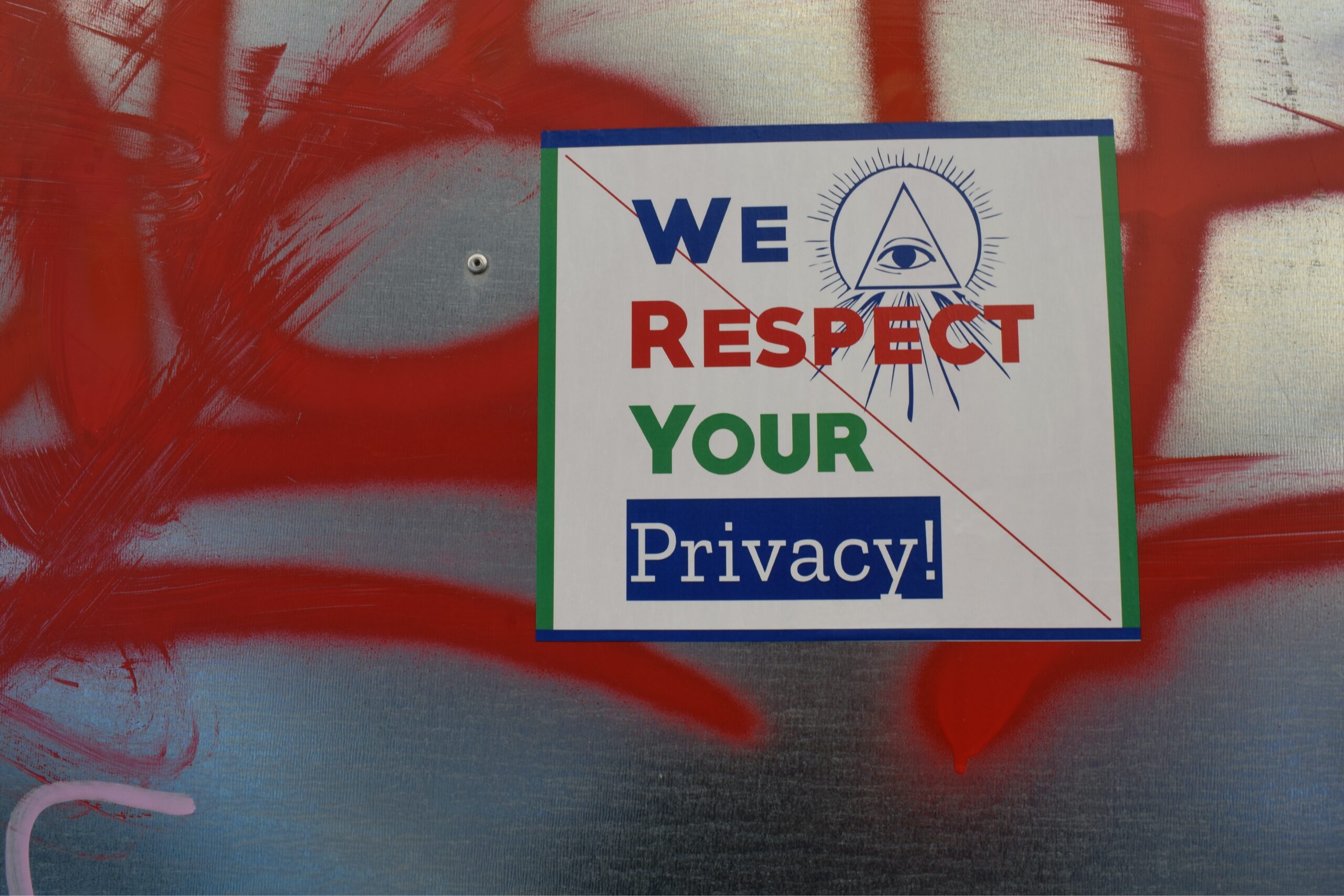This week’s readings Jacob Morgan’s “Privacy is completely and utterly dead, and we killed it” in Forbes and Alice Marwick and Danah Boyd’s “Understanding privacy at the margins” had me thinking about how these three terms relate to each other regarding both digital and physical security. I considered what these words actually mean and the tensions between them.
Marwick and Boyd relate privacy and privilege by considering the Latin privilegium made up of the root words of “private” and “law.” This begs the question: who does the law ensure the privilege of privacy to? As this article made clear, the way digital privacy works is catered to a Western colonial view of society, not taking into account those who are marginalized based on SES, linguisitic difference, color, sexuality, or cultural reasons.
In juxtaposition to the above, we have Morgan’s article which, in my opinion, takes a glass half empty and jaded approach when it comes to privacy and security. While I agree with many of their points about how we got to where we are today when it comes to the tensions between privacy and security, no solutions are offered in the article to try and reclaim that sense of privacy that we seem to have lost. In addition, if Morgan believes “we” killed it, and the “we” is the White, normative, middle class mentioned in the Marwick and Boyd article, then wouldn’t it be our responsibility to try and repair the damages and try and work towards a balance of privacy and security that takes into account those who are marginalized? At this point, it becomes imperative to define what privilege, privacy, and security all mean past the Warren and Brandeis definition to be “let alone”. Marwick and Boyd say that “For many people, privacy is not simply the ability to restrict access to information, but the ability to strategically control a social situation by influencing what information is available to others, how this information is interpreted, and how it will spread” and that “most people find themselves constantly negotiating between disclosure, concealment, and connection.” However, there are people who do not have the opportunity, or the privilege to negotiate because they are trying to obtain basic services, and in order to get them, they need to divulge personal information.





Leave a Reply